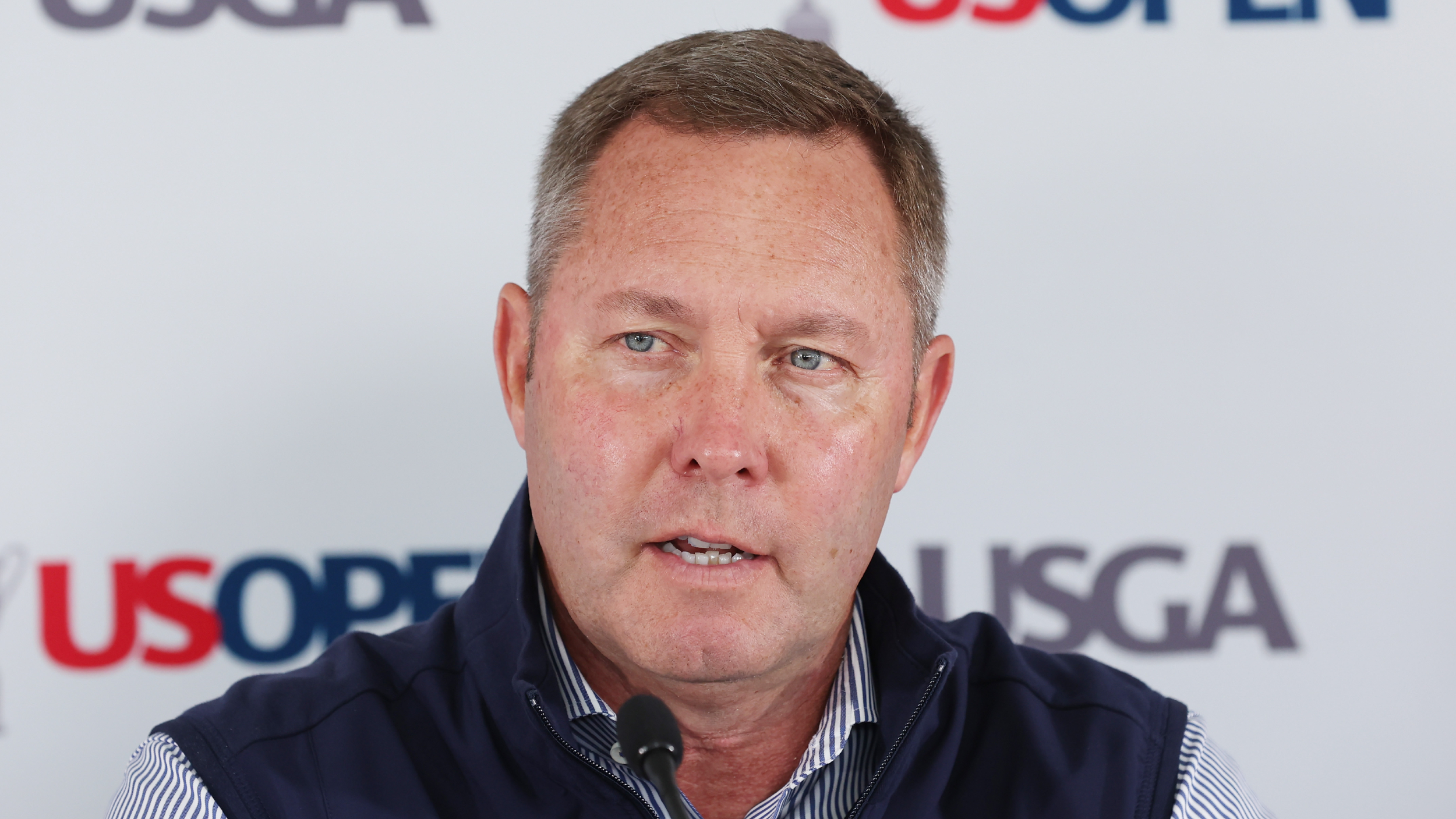
The US Open has, historically, been the most challenging golf tournament to win. The champion's total is usually around par, meaning only the best of the best can triumph, with past winners including some of the most illustrious names the sport has ever seen.
And while hoisting the US Open trophy aloft is the moment everyone wants, simply making the cut can be cause for celebration, too.
Players are competing against a field of over 150 exceptionally-talented professional and amateur golfers who are all vying to book their place in the weekend's proceedings.
And even before the Championship itself, over 10,000 golfers attempted to qualify in 2025, so just making the final field is an achievement in itself.
However, not everyone is guaranteed four days of golf - with the usual 36-hole cut coming into play for the weekend. But how is the cut calculated?

Cut rule at the US Open
The top-60 players (and ties) on the leaderboard from the full list of 156 make it through to the weekend at the US Open, meaning the field is usually cut by over 50% after 36 holes. Unlike at most other pro events, there is no '10-stroke rule' to help with the cutline either as the USGA abandoned that in 2011.
That is slightly fewer players than at the Open Championship and PGA Championship, which both take the top-70 golfers through to rounds three and four. However, it's 10 more than at The Masters - although, there are often less than 100 players in the field at Augusta National.
The most number of players to make the cut at the third men's Major of the year came in 1996 at Oakland Hills Country Club, where 108 entrants advanced through to the weekend as Steve Jones moved through the field to win his sole Major title.
Last year, at Pinehurst No.2, the cut came in at +5 (145 strokes) and saw 74 golfers make it through to the weekend prior to Bryson DeChambeau's second US Open title. A five-over cut line would be quite unusual for a regular PGA Tour event, but that sort of figure is quite normal at this championship.

US Open cut records
The oldest player to ever make the cut at the US Open is Sam Snead, who finished T29th at the 1973 championship at Oakmont Country Club, aged 61.
Tom Watson and Jack Nicklaus both followed Snead, both having achieved the same feat at the ages of 60 and 58, respectively.
The youngest player to make the cut since World War II was Beau Hossler in 2012, who was a mere 17 years and three months old when he finished T29th at the Olympic Club in San Francisco, California.
Nicklaus had also previously held that record too, making the cut at the championship when he was 18 years old.

Do you get paid if you miss the cut at the US Open?
Interestingly, unlike many PGA Tour or DP World Tour events, players at the men's Majors who fail to make the cut do still get paid.
Those who miss the cut at the US Open are paid $10,000 for 36 holes of golf, while amateurs do not get remunerated given their status.
While many disappointed pros miss out on the larger financial rewards from the US Open prize money, $10,000 is still a pretty handsome amount of cash that will cover their expenses to play in the tournament.

If you were wondering why players get paid for failing to make the weekend, USGA chief executive Mike Whan clarified why players are rewarded for taking part.
"We pay you even if you miss the cut because we really believe that making the cut at the US Open is getting one of these 156 [spots]," Whan said. "Think about it, of 10,200 [who attempt to qualify], only 156 are here."
The situation differs slightly at the Open Championship, where players are paid on a sliding scale, while the PGA Championship also pays golfers who miss the cut.
US Open Cutline History
Year |
Cut Score |
Host |
|---|---|---|
2024 |
+5 |
Pinehurst No.2 |
2023 |
+2 |
Los Angeles Country Club |
2022 |
+3 |
The Country Club at Brookline |
2021 |
+4 |
Torrey Pines |
2020 |
+6 |
Winged Foot |
2019 |
+2 |
Pebble Beach |
2018 |
+8 |
Shinnecock Hills |
2017 |
+1 |
Erin Hills |
2016 |
+6 |
Oakmont Country Club |
2015 |
+5 |
Chambers Bay |







